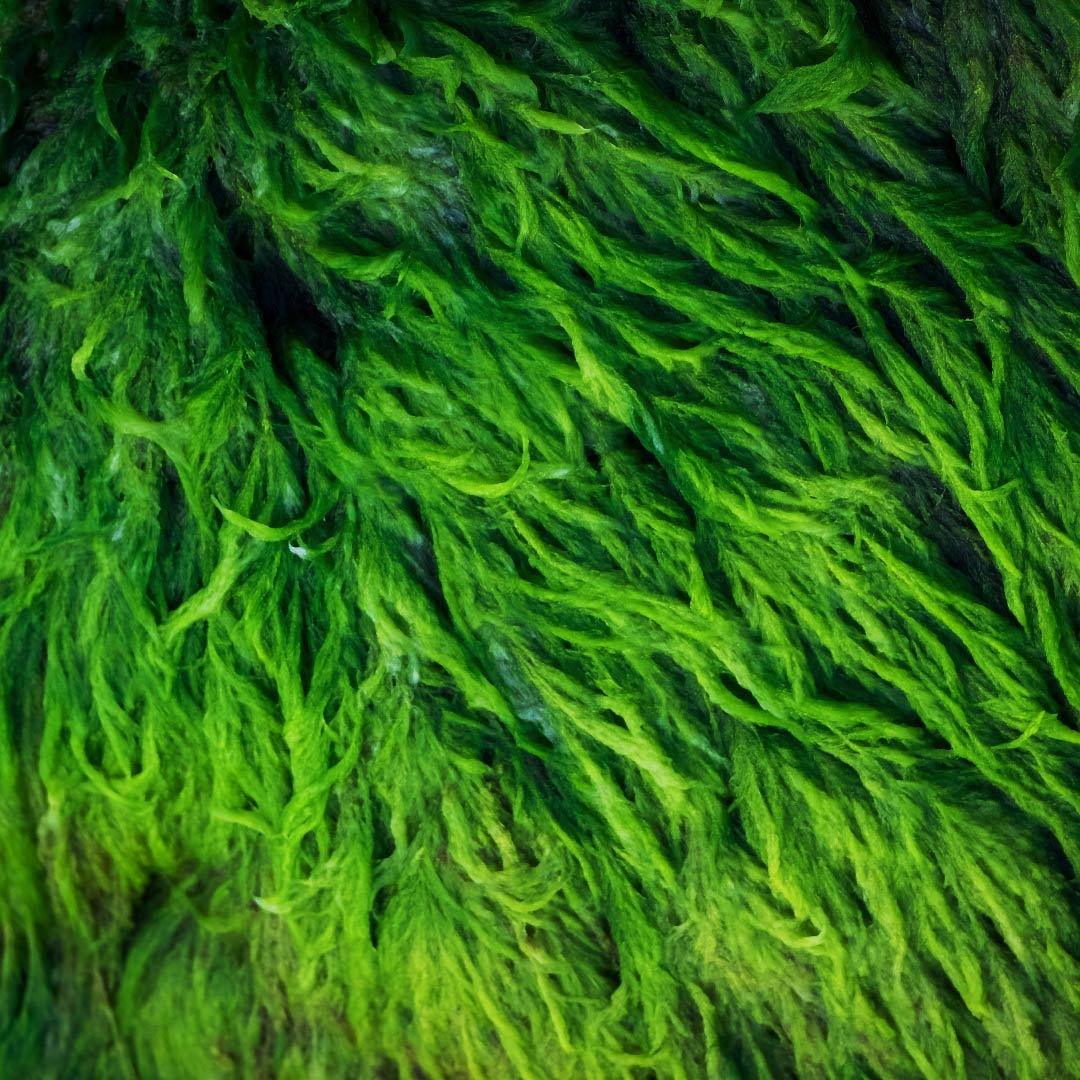Algae Omega (Schizochytrium sp.)
Back to ingredients
Where it's from: The sea
Form: Oil
Benefits of Algae Omega 3
- Neurological health, supporting the nervous system
- Healthy eyes
- Cardiovascular health
- Healthy skin
What is Algae Omega 3?
Omega 3, also known as 'Omega 3 fatty acids' are a type of fat needed for every cell in the body, particularly for their membranes and helping cells communicate with each other. Omega 3s are a type of polyunsaturated fat referred to as 'essential fatty acids' because the body cannot make Omega 3 fats and therefore relies on getting it from your diet or supplements. Omega 3 plays an especially important role in the nervous system, brain, skin, eyes and hormone production, as well as contributing to your mental health. Omega 3 fatty acids are also essential for the vaginal membranes in women and overall vaginal health.
There are three types of omega 3 fats - DHA (docosahexaenoic acid), EPA (eicosapentaenoic acid) and ALA (alpha linolenic acids). EPA and DHA are 'long-chain fatty acids' and the active and most important forms. It is difficult to gain sufficient EPA and DHA on a balanced plant-based diet, or if you don't eat fish. Because the more than half the world's population follow primarily a plant-based diet, some studies suggest two-thirds of the world's population are deficient in Omega 3, and this is why omega 3 supplements are recommended. Discover the signs of an Omega 3 deficiency.
Fish get their Omega 3 by eating algae in the oceans, or because they eat other fish which have eaten algae. Algae is one of the main starting points for Omega 3 into the food chain, so we cut out the middle man - or the middle fish - and source our Omega 3 directly from algae without damaging any marine eco-systems. Learn why our Omega 3 is so good.
















